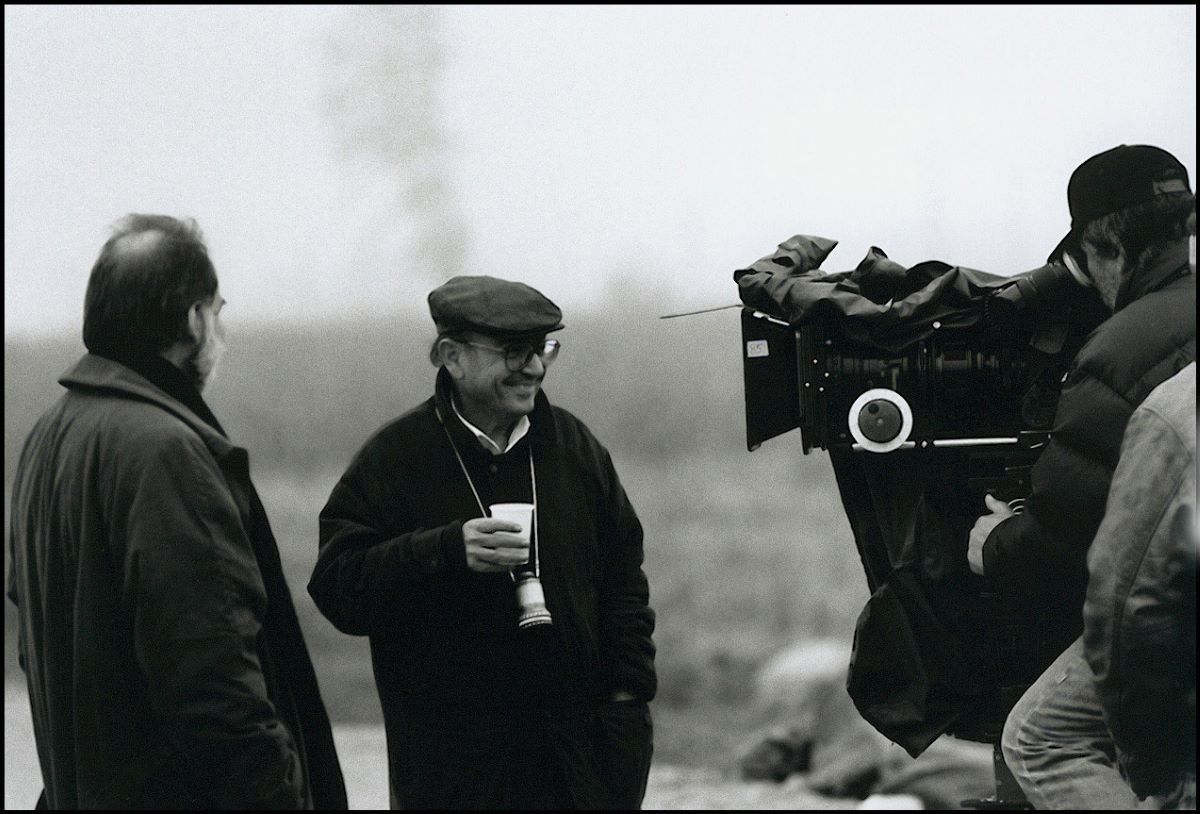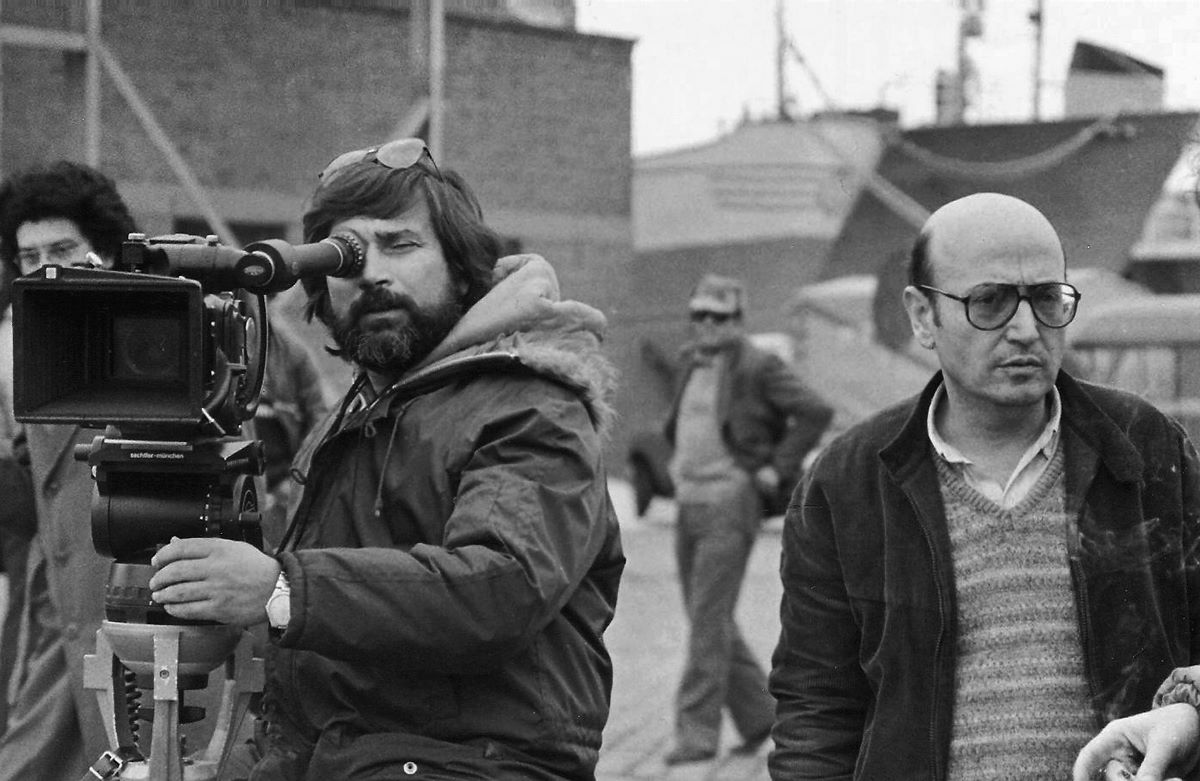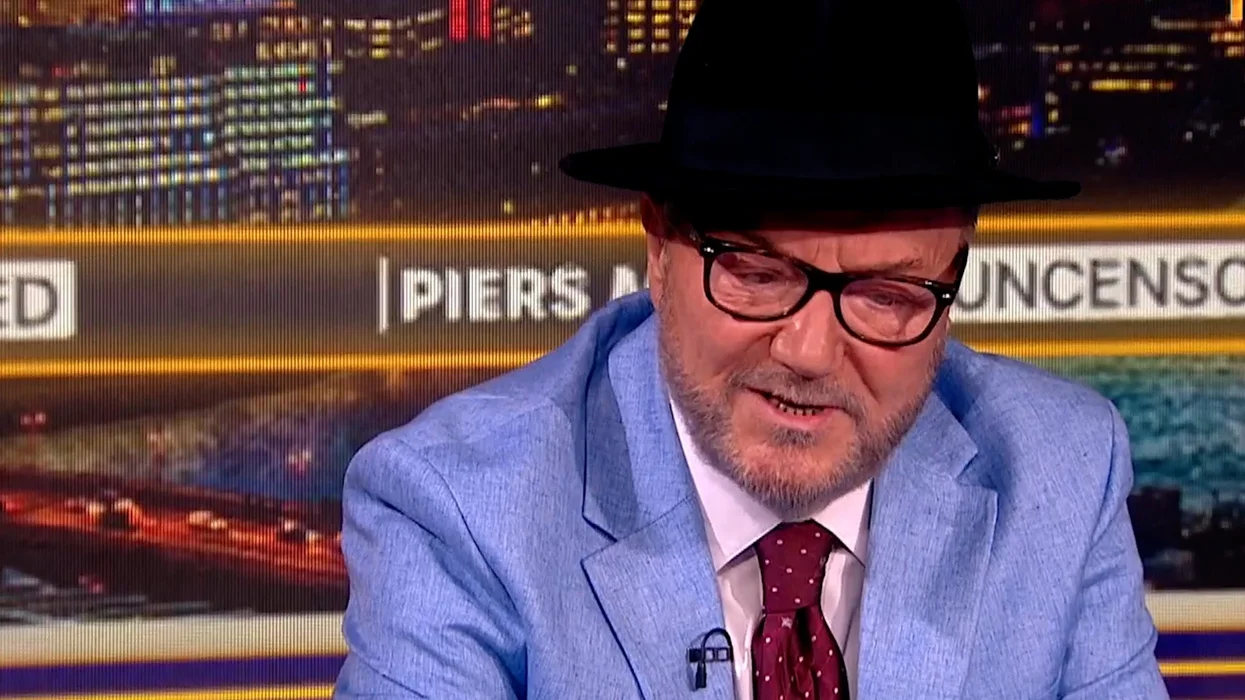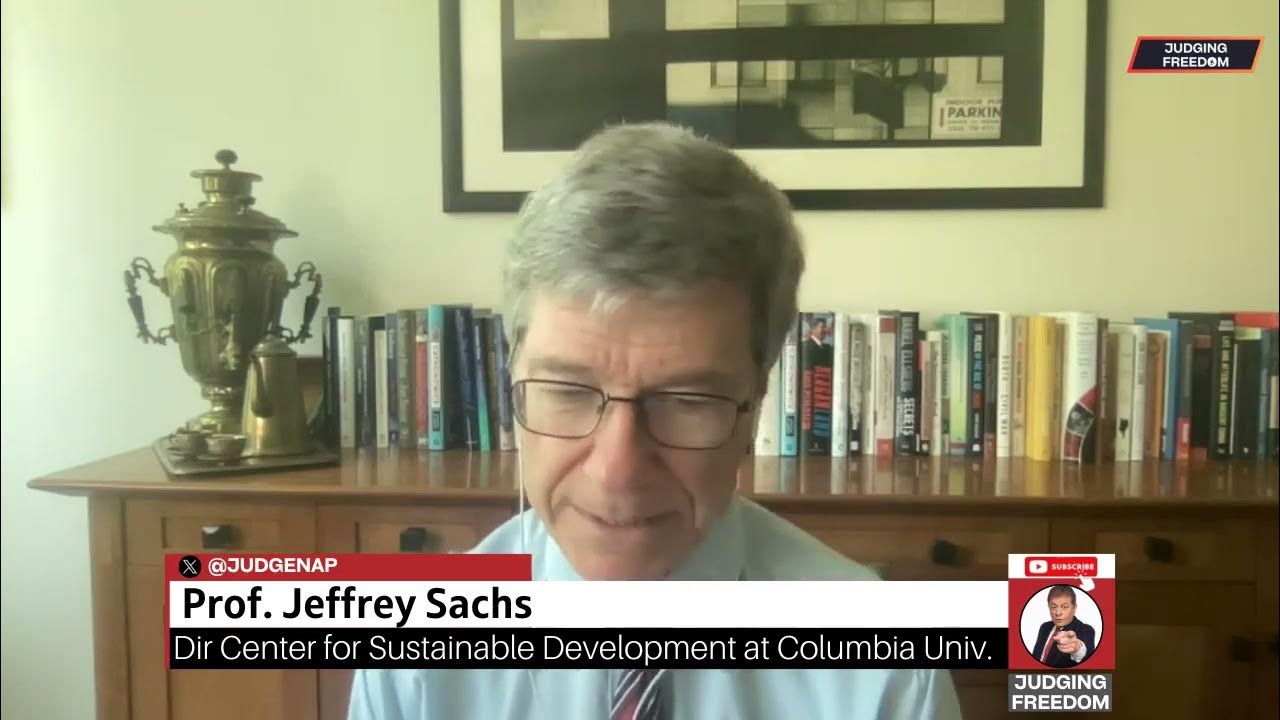by Larry McCaffery
The following conversation with writer Diane Johnson, excerpted from an extended interview conducted by Larry McCaffery, centers on her experience as the scriptwriter for Stanley Kubrick ‘s film The Shining. Ms. Johnson is the author of Fair Game (1965), Loving Hands at Home (1968), Burning (1971), Lesser Lives (1973), The Shadow Knows (1974), and Lying Low (1978), and contributes regularly to The New York Review of Books. She currently teaches Victorian literature at the University of California-Davis and is at work on a biography of Dashiell Hammett.
Larry McCaffery: E. L. Doctorow told me that he felt he had learned a great deal about fiction-writing from having worked with film scripts and simply from having grown up with the cinema, Robert Coover and Donald Barthelme told me much the same thing. Would your experience with writing scripts confirm this tendency?
Diane Johnson: I’ve written only two film scripts—the one I did for The Shining and one with Mike Nichols, Grand Hotel, which wasn’t made—and I had written all of my novels before I wrote either of them. What I learned was something I had started working out myself—mostly about outlining, about the shorthand form of manipulating the narrative materials by means of which you are provided with a scheme that allows you to visualize the shape of the narrative. I had made quite careful outlines of The Shadow Knows, and then I found that Stanley Kubrick very much works this way. He convinced me how valuable it is to work this way.
McCaffery: How does this outlining process work?
Johnson: It’s working with narrative units, bits and pieces which could be represented as A-B=C, or as a single word or symbol. This is basically what you do when you’re making a film script. Working with a script also taught me something about suspense, theme, and very much about creating scenes.
McCaffery: I noticed that in Lying Low you developed a structure, a rhythm, a pacing that seemed very different from your earlier works—the short, montage-like sections, the rapid cutting from different perspectives, and so on. I was wondering if your experiences with the cinema might have been partially responsible for this shift—but you say you had actually already finished Lying Low before you went to work on The Shining?
Johnson: I Had already written it but it wasn’t in press yet; and actually, after working on The Shining I went back and changed the ending and a few other things I thought would make it better. But you’re right, Lying Low is different, even though I don’t think the movies caused this. It was just a form I was working toward.
McCaffery: Could you talk about why you did make these kinds of structural changes?
Johnson: They mostly came about because I wanted to provide simultaneous consciousnesses, to deal with actions and thoughts which, although not strictly simultaneous, are almost simultaneous.
McCaffery: Your most recent books—The Shadow Knows, Lying Low, even your work on The Shining—seem to increasingly concern themselves with what a character in your work calls “the terror of the real beneath the form.” And they deal with increasingly violent, frightening materials. Any explanations for this?
Johnson: I see what you mean and I’ve wondered about this myself. I’ve noticed that as my material life improves and my family relationships become more stable and I’m more middle-aged and calm, my books become more hysterical, brooding, preoccupied with violence. But I don’t really know why this is so. Maybe you have to organize one part of your life before you can dare explore these other things.
McCaffery: This script you’ve mentioned that you worked on with Mike Nichols—what was it?
Johnson: It was a remake of Grand Hotel, the old Garbo film. It might have been good, but unfortunately it’s not happening. It was an idea that Nichols had had for a long time, a very good idea because it’s full of economic issues and passions and social comment and all sorts of other wonderful things.
McCaffery: Let’s talk about your work with The Shining. How did you get involved with this project?
Johnson: Stanley Kubrick called me up and we met during the time he was thinking about various books with the idea of making a horror movie.
McCaffery: Was he interested in filming The Shadow Knows?
Johnson: Maybe. He had read it and although he never said so—and I never asked him—that was my impression. So we talked over dinner in London and about six months later he called back and said: “I’ve bought this Stephen King novel and would you read it?” I did, and when he got started with the project he suggested that I work with him on the script. . . . Each time we went a little further with the script, went into different drafts. I had a flat in London and I would stay at home in the morning and then he would spend the mornings, say, working on the set—he was doing everything simultaneously, so the sets were being designed and he had a lot of things to oversee. I’d arrive in the afternoon and we would spend the afternoon and evening together talking a lot about fictional problems—he’s very literary—and about the story itself, of course.
McCaffery: So the actual script itself would evolve out of these talks.
Johnson: Yes. From time to time 1 would stay home and actually write up a scene. First we’d do an outline, and then another outline, and then another. Then I would write out the scene and bring it to him and he would also work on it. He’s quite a good writer, as well as a great director, and he really improved my version a lot.
McCaffery: So you were basically creating a rough draft and then the two of you would work up a final version together.
Johnson: Sort of. After I would bring something in he would say: “I don’t think that will work,” or come up with a trenchant line. He was very good at lines. He wrote Jack’s part, more or less, and I wrote Wendy’s. I was interested to see that finally the Wendy that came out on the screen was much quieter than the Wendy 1 had written—who was more like a female character in my novels, I suppose, in that she had a lot to say.
McCaffery: In adapting King’s book, what did you feel it essential to keep in your script?
Johnson: The horror, of course—the whole atmosphere of growing fear within the domestic circle was the core, I think. The thing that was more interesting to us, though, was why this situation was horrifying, if it is horrifying. There was something very basic here with the father trying to kill the son and the son trying to kill the father. That and the feeling of powerlessness. So it was an archetypal situation and that was what was most interesting—more interesting, say, than the business about the ghosts. But we did try to work out a rationale that would give an explanation for the magic. Time, of course, indicated that certain things would have to go, and the physical limitations of the cinema indicated some other changes.
McCaffery: Such as your leaving out the stuff in the book about the moving hedges.
Johnson: That’s a good example of the sort of thing we decided just wouldn’t work.
McCaffery: What about the changes you made with Wendy? She seems quite different in the final movie version.
Johnson: I don’t really recall much about this specifically, because after the real actress, Shelly Duvall, arrived she was such a striking physical presence—so really kind of strange looking—that I think she dictated the whole treatment of Wendy more than the words in the script.
McCaffery: What’s your opinion of the final movie version? I assume you’ve seen it a number of times.
Johnson: Actually I’ve just seen it once. It hadn’t come to France this year while I was living there, so I saw it with the Kubricks in London after it was out. When I got back here it had already moved on, so I only got to see it that once. My first viewing, though, was very much taken up with technical matters, listening to the dialogue, and seeing how it really is to see the words that you’ve written being spoken by a person on the screen. So I had no appropriate response.
McCaffery: What was it like to work with Kubrick?
Johnson: I liked it very much. He’s extremely smart and I felt very comfortable working with him. He has a kind of professional side which makes him patient and willing to teach even though he’s very much a perfectionist. We developed a harmonious working relationship.
McCaffery: Did he ever explain what it was about The Shadow Knows that made him feel you would be the good person to work with on The Shining?
Johnson: I think it was mostly his opinion that I had shown the ability to create the feelings of dread and fear.
Chicago Review, Vol. 33, No. 1 (Summer, 1981), pp. 75-79




